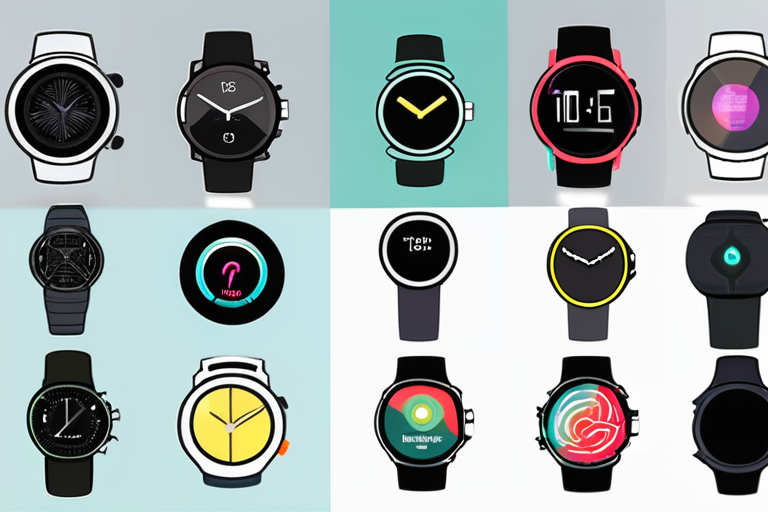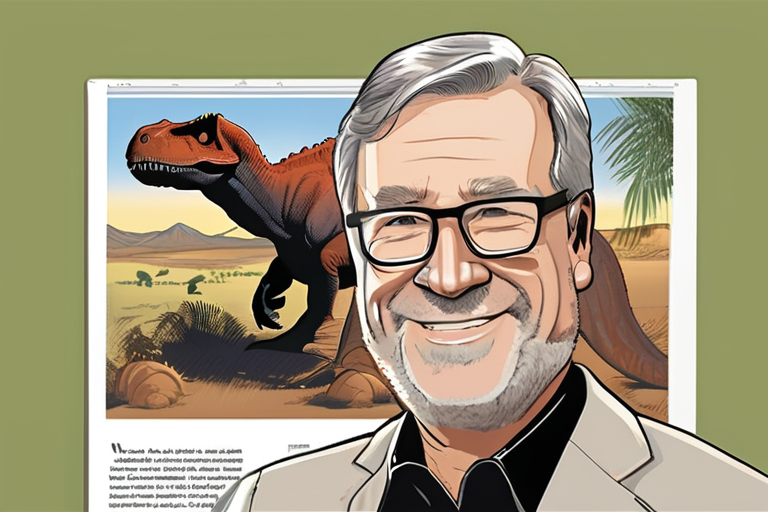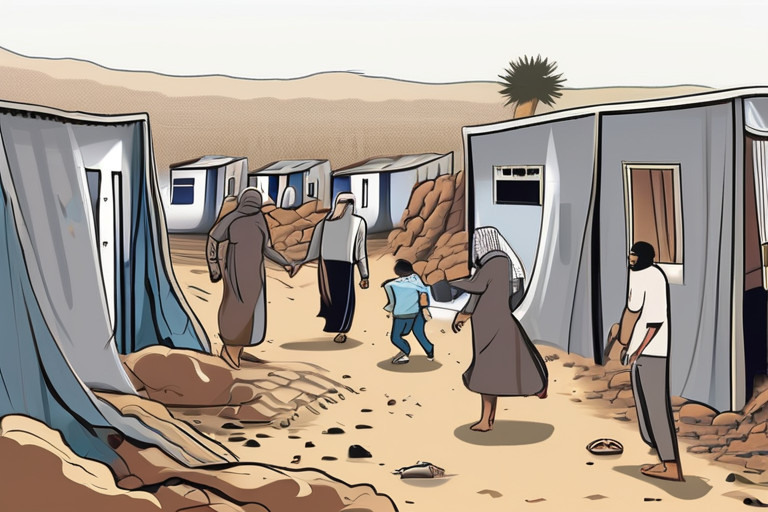African researchers have made significant contributions to medical advancements, including vaccine development and genomic surveillance, yet the continent has never produced a Nobel laureate in physiology or medicine who conducted the bulk of their prizewinning research in Africa. According to a recent study published in Nature, this absence reflects systemic barriers such as underfunded laboratories, limited access to top-tier journals, and constrained mentorship pathways that hinder the visibility and impact of African discoveries.
Dr. Fatima Hassan, a leading researcher at the University of Cape Town, emphasized the importance of addressing these barriers. "It's not just about providing funding, but also about creating a supportive ecosystem that allows African researchers to thrive," she said. "We need to invest in infrastructure, mentorship, and networking opportunities that enable our scientists to collaborate with international peers and share their work with a global audience."
The study highlights the need for increased investment in African research institutions and the development of more inclusive and accessible research environments. Dr. Hassan noted that AI-powered tools can help bridge the gap by providing researchers with access to top-tier journals and facilitating collaboration with international peers. "AI can help us analyze large datasets, identify patterns, and develop new hypotheses, but it's the human touch that's essential for translating these findings into actionable solutions," she said.
Despite the challenges, African researchers have made significant strides in recent years. The continent has seen a surge in the development of innovative health technologies, including mobile health apps and telemedicine platforms. According to the World Health Organization (WHO), these technologies have the potential to improve healthcare outcomes and increase access to medical services for millions of people.
The African Union has launched several initiatives aimed at promoting research and innovation on the continent. The African Research and Innovation Agenda, launched in 2020, aims to increase investment in research and development, improve collaboration between researchers and policymakers, and promote the commercialization of African innovations.
While progress has been made, there is still much work to be done. Dr. Hassan emphasized the need for sustained investment in African research and the development of more inclusive and accessible research environments. "We need to create a culture that values and supports African research, and recognizes the contributions of our scientists to global health and well-being," she said.
In the coming years, researchers and policymakers will continue to work together to address the systemic barriers that have hindered African research. The development of AI-powered tools and the launch of initiatives such as the African Research and Innovation Agenda offer promising solutions to these challenges. As Dr. Hassan noted, "The future of African research is bright, and with sustained investment and support, we can unlock the full potential of our scientists and improve the health and well-being of millions of people across the continent."


























Share & Engage Share
Share this article